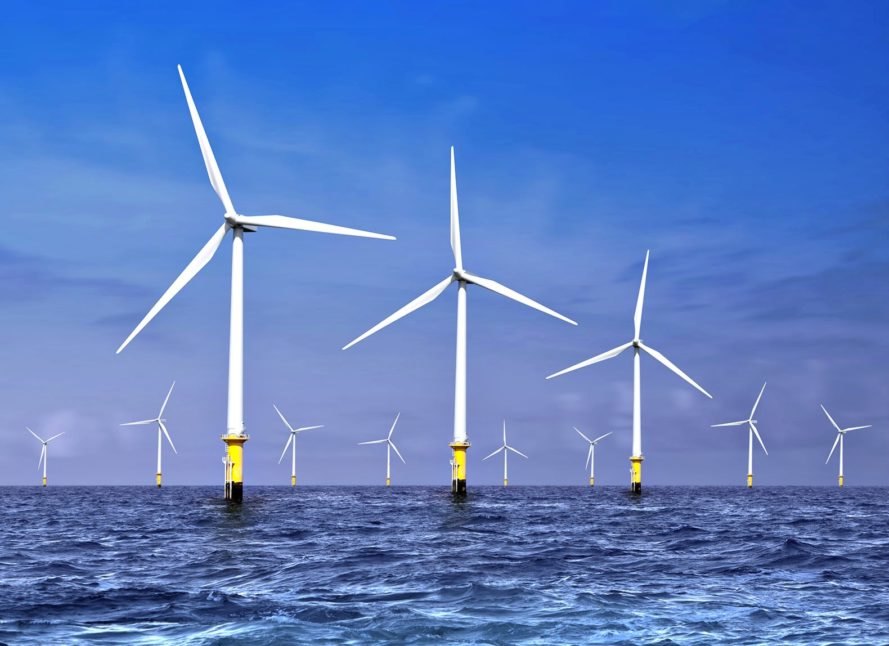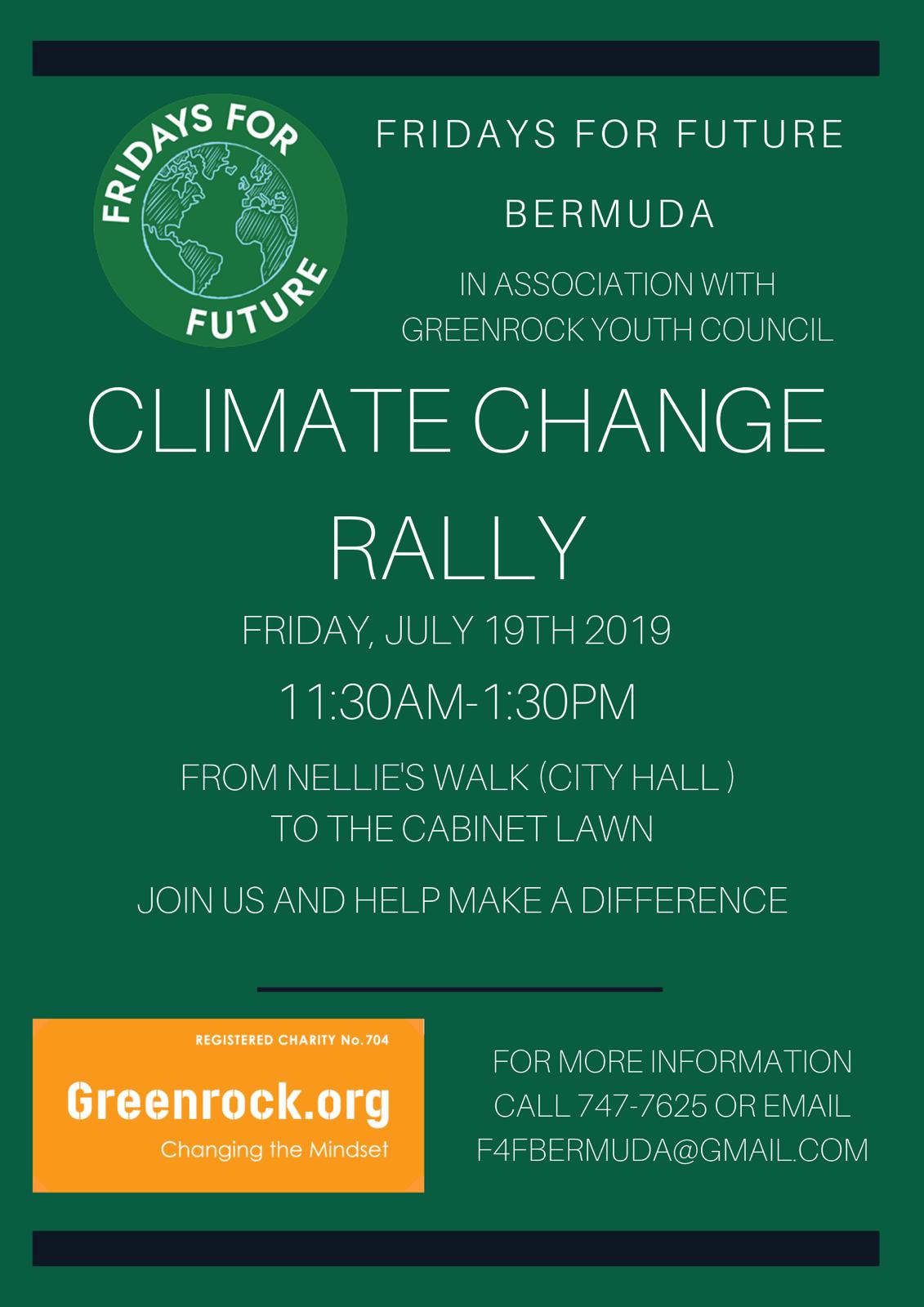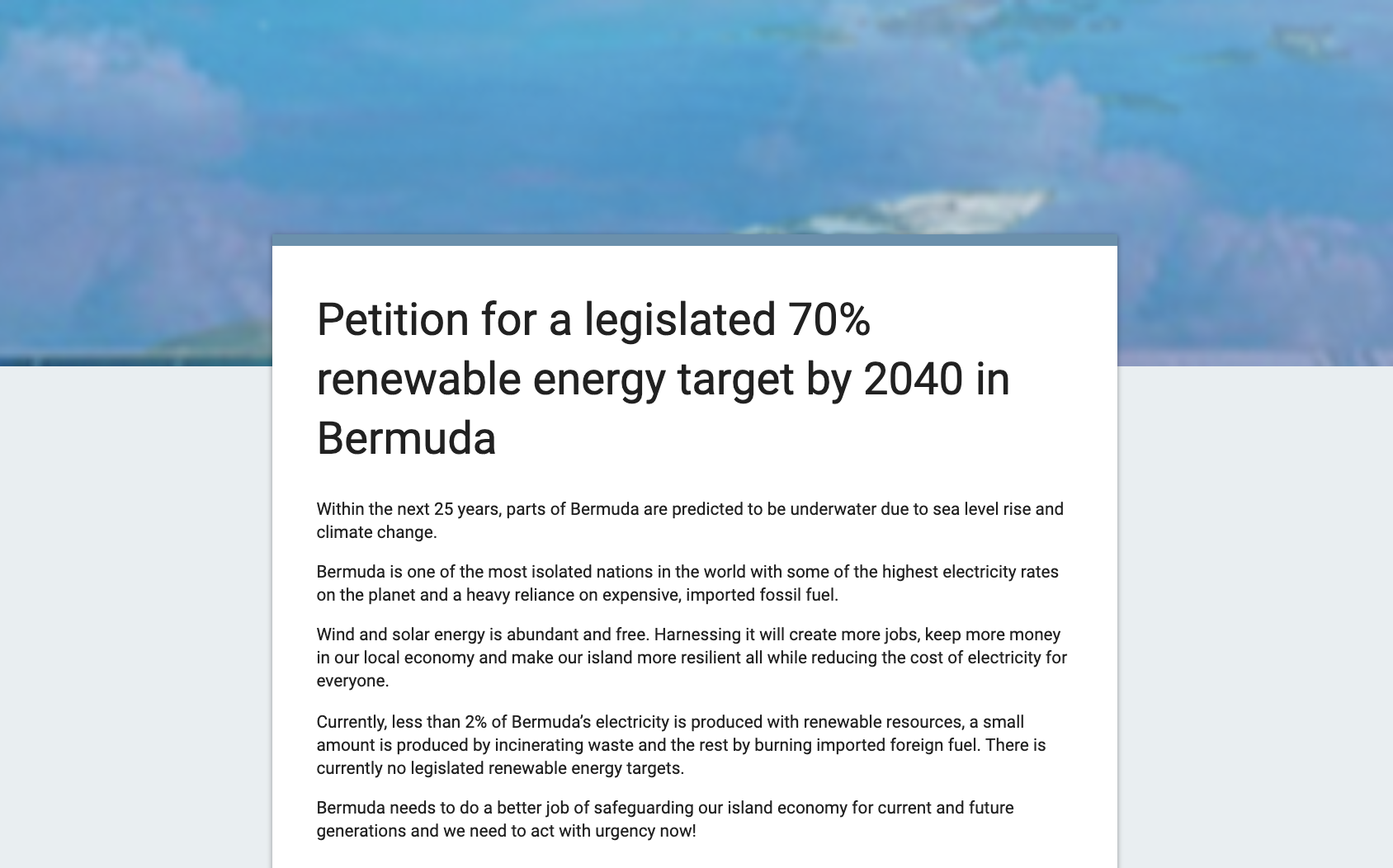- Details
Bermuda’s electricity sector regulator has opted against natural gas as a principal generation fuel and in favour of an offshore wind farm and more solar power.
Details were released yesterday by the Regulatory Authority in the island’s first Integrated Resource Plan, which outlines the framework for Bermuda’s energy requirements over the next 25 years.
Under the plan, within six years the island is scheduled to have a 60-megawatt offshore wind farm, 21MW of utility-scale solar photovoltaic supply and up to 30MW of “distributed generation”, meaning residential and small scale solar.
The RA said last night that “specific engines at the Belco plant that are dependent on fossil fuels will be decommissioned”.
By 2028, biomass generation is scheduled to be added to the island’s energy mix.
In a statement, the RA said two distinct options emerged from its analysis: liquefied natural gas as a fuel source with additional renewable energy, or no liquefied natural gas with very high renewable energy penetration.
“The RA selected the high renewable option which will yield the lowest long-term cost for a non-natural gas solution, while exceeding Bermuda’s renewable energy policy objective,” the regulator stated.
The RA chose from eight energy-mix scenarios. The one selected will result in 85 per cent of the island’s electricity coming from renewables by 2035, well in excess of the 38 per cent target of government energy policy.
The capital investment needed to implement the plan is estimated at $273 million.
Generators that burn liquid fuel “are not expected to operate at full utilisation from 2026 onwards due to the relatively high contribution that is expected from renewable sources”, the report states.
However, such generators will still be needed to ensure continuity of supply when renewable sources are not available and during major system faults, the IRP adds.
The regulator had gone through a 20-month process, which involved power utility Belco submitting its proposals for the IRP — which favoured a solution with natural gas being used as a principal fuel.
Eight alternative proposals were then submitted and reviewed by the RA and feedback from more than 800 people considered.
One of the proposals, submitted by BE Solar, included plans for a 60MW wind farm located six miles off Dockyard.
Angela Berry, the RA’s chairwoman, said: “We know that business as usual is not sustainable. We also know that investing in a natural gas solution would continue our dependency on fossil fuels for up to 50 years and provide fewer diverse investment opportunities.
“Therefore, the RA is confident that the energy plan will help to stabilise the cost of electricity, provide jobs to construct and support the new renewables infrastructure, increase investment opportunities for local and international investors, reduce our dependency on fossil fuels and place Bermuda significantly ahead of its renewables target.”
The IRP’s release comes as Ascendant Group shareholders prepare to vote next month on a proposed $365 million takeover by Algonquin Power & Utility Corporation.
In a letter to shareholders, Peter Durhager, chairman of Ascendant, said that for Bermuda, “Algonquin and Belco will continue to collaborate with the regulator to implement the IRP”.
Belco declined to comment on the IRP last night.
Ms Berry said the next steps in the IRP implementation include conducting several pre-feasibility studies to quantify the maximum amount of solar capacity available and future requirements, and also to undertake an investment-grade study on the use of wind power.
Another study would determine the feasibility of introducing biomass generation into the energy mix.
Ms. Berry added: “It is important to note that the IRP is a living document, and as such, the RA will conduct another IRP within the next three to four years to include the results of the pre-feasibility studies, to identify new changes in technology and gauge public sentiment regarding energy.”
Walter Roban, the home affairs minister, welcomed the IRP last night.
“I am pleased with the announcement and release of Bermuda’s first IRP,” Mr Roban said. “While there are elements of the IRP that reflect the Government’s commitment, the IRP also outlines a number of scenarios that the public should carefully consider as we all decide the course of our energy future moving forward.
“Bermuda has a long way to go before we can achieve a low-carbon energy future at a lower cost.”
Mr Roban added: “We must all do our part to decrease our demand for fossil fuels and non-renewable electricity in Bermuda. This contributes to hundreds of millions of dollars leaving the country and unsustainable high costs of living and doing business.”
Article courtesy of the Bermuda Royal Gazette.
- Details
We all know how our oceans are choking from plastic. This is a menace which seems to have no end! Single-use plastic is one of the most time-consuming things to get rid of, yet their use doesn’t seem to slow down. So what does a boy from Germany do to save the planet from the devil of the single-use coffee cups?
Kaffeeform is the start-up company of Julian Lechner from Berlin, where they use coffee grounds to make reusable coffee cups.
While we all enjoy our cuppa, the United States alone generates 120 billion single-use coffee cups every year. So imagine the waste generated with the whole world consuming their share of coffee, not only generating the non-biodegradable cups but also heaps of coffee grounds.
In 2009, while studying product design, Lechner noticed how much coffee he and his peers consumed daily. The average person in Germany consumes as much as 14pounds of coffee beans yearly. Almost 99% of all coffee cups are turned to the trash and even paper cups may take more than 20 years to properly decompose.
So Lechner planned to reuse the disposed of coffee grounds to produce eco-friendly coffee cups. Not just Kaffeeform, another startup, Crow Cycle Courier Collective, is also involved in this mission of saving the planet. The Collective gathers nearly 110 pounds of coffee grounds each day which is then cleaned in Kaffeeform workshops.
They are then sent to a different facility to dry and blend with things like plant fibers, natural resins, and beechwood grains. Intense pressure and heat compress 6 cups of coffee grounds to make one cup and saucer. The finished products are 100% biodegradable and 40% coffee grounds.
Lechner’s success lies in how 20 of Berlin’s coffee shops use his products along with 150 odd vendors throughout Europe. The future for the company lies in Lechner’s vision of producing not just cups but to extend into furniture and lifestyle product production. And to think, it’s all from the remains of our coffee!
Read the Full Article Here.
- Details
Greenrock has formed a Youth Council to provide young environmental advocates and green entrepreneurs with a platform to express their interests, proposed solutions and collective concerns to our government, local businesses and the community at large. The council will also serve as a central hub for young leaders to collaborate with like minded peers, share ideas, raise awareness, organize initiatives, and provide support to one another when it is time to make a stand.
The creation of the Greenrock Youth Council was inspired by the actions of two 15 year old advocates, Salayah Stange and Katarina Rance, who organized their first school strike / climate rally for local students on Friday, May 23rd. On Friday, June 14th, they organized an even larger school strike / climate rally and, at the moment, they are in the midst of planning their third climate rally from Nellie’s Walk to the Cabinet Office this Friday, July 19th from 11:30am - 1:30pm. The rallies have all been organized in conjunction with the #FridaysForFuture Movement started in 2018 by then, 15 year old student Greta Thunburg, who sat in front of the Swedish parliament every school day for three weeks, to protest against the lack of action on the climate crisis. She posted what she was doing on Instagram and Twitter and it soon went viral. Today Greta continues to strike in front of Parliament every Friday, and she plans to do so until the Swedish Government brings its policies in line with the Paris Agreement.
Like Greta, members of the Greenrock Youth Council would like to see our Government engage more actively in policies, legislation and initiatives geared toward reversing the harmful effects of climate change. The current objectives of the council are as follows:
- Encourage our government to declare a Climate State of Emergency - “we need to address climate change like a house on fire”
- Encourage our government to set renewable energy targets - i.e. 70% renewables by 2040
- Encourage our government to ban all single use plastics and styrofoam - “ we are creatures of habit who have proven, on many occasions, that we only tend to change when we have to”
As these objectives are realized, others will be prioritized by the youth council as the members continuously work toward creating a more sustainable future for Bermuda. Key members of the youth council are Salayah Stange & Katarina Rance (Co Chairs & Legislation), Kristy Sanchez (Admin), Anjelina Chandrasekaran (Membership), Tomasina Pearman (Graphic Design), Chris Skinner (Social Media), Jodie Curtis (Renewable Energy & Carbon Emissions). If you are interested in joining the youth council or participating in the climate rallies call 747.7625, send an email to This email address is being protected from spambots. You need JavaScript enabled to view it. or instagram @greenrock or @fridaysforfuturebda19
“It is important for us all to remember that our actions today directly impact the future that younger generations will inherit. With that in mind, it is imperative that the views of our young people are respected, that they have a seat at the table when decisions pertaining to their futures are being discussed, and that they are actively engaged in providing local solutions for the global challenges we face today.” Eugene Dean (Greenrock Chairman)
- Details
Within the next 25 years, parts of Bermuda are predicted to be underwater due to sea level rise and climate change.
Bermuda is one of the most isolated nations in the world with some of the highest electricity rates on the planet and a heavy reliance on expensive, imported fossil fuel.
Wind and solar energy is abundant and free. Harnessing it will create more jobs, keep more money in our local economy and make our island more resilient all while reducing the cost of electricity for everyone.
Currently, less than 2% of Bermuda’s electricity is produced with renewable resources, a small amount is produced by incinerating waste and the rest by burning imported foreign fuel. There is currently no legislated renewable energy targets.
Bermuda needs to do a better job of safeguarding our island economy for current and future generations and we need to act with urgency now!
Sign the Petition Now!
- Details
Click to Watch Full Video
© 2018 Greenrock Bermuda | All Rights Reserved | Web Design & Development






